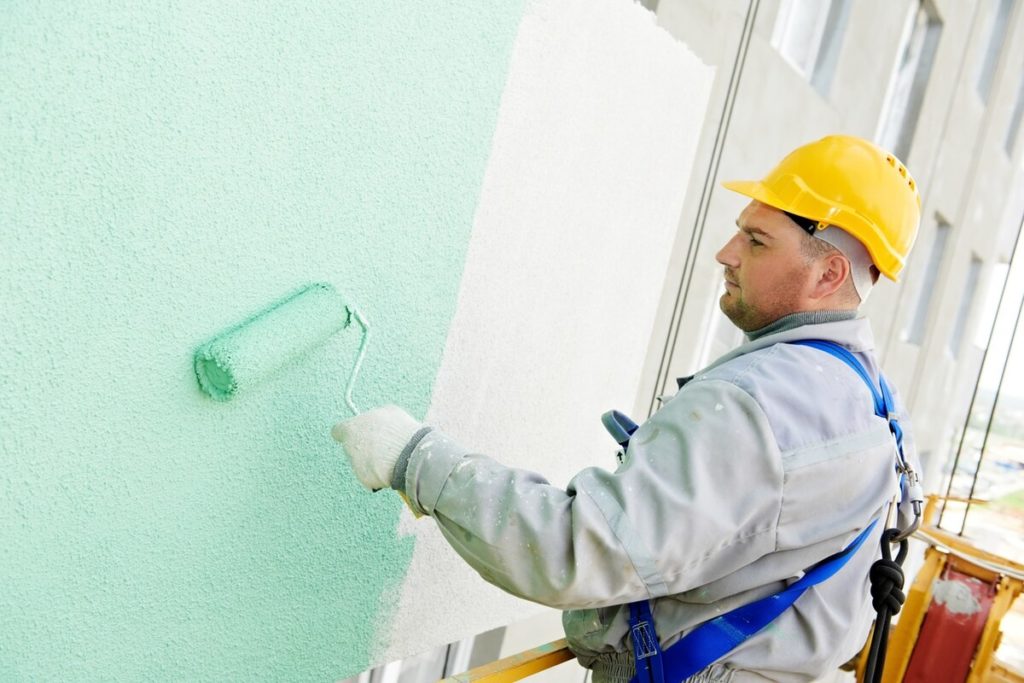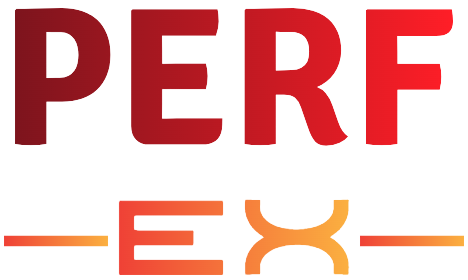
Painting is an essential aspect of the construction and maintenance of buildings, structures, and equipment. Industrial painting is just one type of painting. Industrial painting involves applying paint or coatings onto industrial structures, equipment and machinery. Industrial painting is crucial in protecting structures and equipment against environmental factors such as corrosion, degradation, and rust. Industrial painting is an essential part of maintenance and helps ensure the longevity and safety of industrial assets. The differences between commercial and industrial painters are the structures that they paint. Commercial painters usually work in buildings such as retail stores, offices, and residential properties. They are primarily interested in aesthetics, for example improving the appearance and quality of a property. Industrial painters, on the other hand, work on structures and equipment used in industrial settings, such as factories, refineries, and chemical plants. They use paints and coats that have been designed to withstand harsh environmental conditions and protect equipment. If you’re searching for additional details on industrial painting training, explore the previously mentioned site.
Industrial painting encompasses a large range of processes and painting techniques. These include abrasive blasting, power-washing and spray painting. These techniques are used for preparing surfaces for painting. They remove rust, debris and ensure that paint and coatings adhere properly. Industrial painters need to know about the different coatings and paints commonly used in the industrial setting, as well the safety measures required when working with hazardous materials. An industrial painter’s duties include surface preparation and paint mixing, as well as equipment maintenance. Surface preparation involves cleaning surfaces, sanding the surface, and making repairs before painting. Paint mixing, application, and selection involves choosing and mixing the correct paint and coating material and applying it to surfaces using a variety techniques, like spraying or brushing. Cleaning and maintaining equipment is necessary to maintain its functionality. Beginners in industrial painting should familiarize themselves with surface preparation, priming & coating application.
Online tutorials, workshops or apprenticeships can be used to learn about industrial painting techniques and equipment. They will also gain experience in safety protocols and unique requirements for different industrial surfaces. There are many painting certification courses that offer comprehensive training for aspiring artist. Students acquire practical skills in painting techniques, color theories, composition and art history. They are taught to express themselves through texture and brushwork. These programs are a great way for artists to refine and explore their artistic abilities. Graduates gain a solid foundation of painting skills, as well the confidence necessary to pursue artistic goals. These certifications offer industrial painters an internationally recognized standard of quality and can help advance their career. Industrial painting requires specialized knowledge, skills and expertise. Industrial painters can play a crucial role in protecting structures and equipment of industrial companies from damage as well as ensuring that they are safe and long-lasting. Now is the time to get started and start your career.








